
It was 16 June 1966. A young activist named Stokely Carmichael walked out of jail, headed to a political rally in Greenwood, Mississippi, and stood at a podium. What he did next changed the course of US history. "We been saying freedom for six years and we ain't got nothin," Carmichael declared to an audience of around 1,500 people. "What we got to start saying now is Black Power! We want Black Power!"
With these words, Carmichael signalled the opening of a new chapter in the Civil Rights Movement. Since the early 1960s, the campaign for racial equality in the US had largely followed an integrationist, nonviolent pathway in which figures such as Martin Luther King Jr envisaged a future in which black and white Americans came together in one nation.
What Stokely Carmichael was advocating in June 1966 was different. He was calling for something more assertive, more combative, less emollient. He was issuing a rallying call for Black Power.
So what is Black Power? According to Ashley Farmer, an associate professor at the University of Texas at Austin, at the movement's heart lies a thirst for autonomy and self-determination. "This means the right to decide for oneself or one's community how one should live; race pride - the idea that blackness is inherently beautiful; and self-defence both against harmful stereotypes, and against unwelcome intrusions into one's community," she says.
AN ALLURING IDEOLOGY
Carmichael wasn't the first activist to voice such aspirations. A thirst for black power had existed since Africans had been brought to America as slaves and had been propelled into the national conversation by Malcolm X, before his assassination in 1965. Yet it was only after Carmichael's speech that white Americans realised the extent of Black Power's popularity.
Esta historia es de la edición September 2023 de BBC History Revealed.
Comience su prueba gratuita de Magzter GOLD de 7 días para acceder a miles de historias premium seleccionadas y a más de 9,000 revistas y periódicos.
Ya eres suscriptor ? Conectar
Esta historia es de la edición September 2023 de BBC History Revealed.
Comience su prueba gratuita de Magzter GOLD de 7 días para acceder a miles de historias premium seleccionadas y a más de 9,000 revistas y periódicos.
Ya eres suscriptor? Conectar
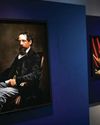
'Dickens's evocation of the fears, excitement and confusion of childhood is peerless'
DR LEE JACKSON ON WHY CHARLES DICKENS REMAINS RELEVANT TODAY
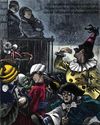
THE AUTHOR GOES ABROAD
Dickens expanded his horizons and boosted his fan-base by venturing overseas - but global fame came with a cost
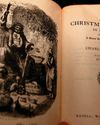
REVIVING THE FESTIVE SPIRIT
A Christmas Carol wasn't just a bestseller - it changed the way that Britons chose to mark the festive season
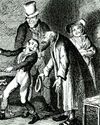
GIVING THE POOR A VOICE
From Hard Times to Oliver Twist, Charles Dickens used his pen to help illuminate the lives of the less fortunate
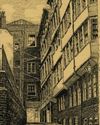
A JOURNEY THROUGH DICKENS'S LONDON
The works of Charles Dickens are synonymous with visions of Victorian London. We talk to Dr Lee Jackson about the author's love of the capital, and the locations that most inspired him
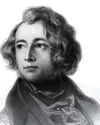
EXCEEDING EXPECTATIONS
Dr Lee Jackson chronicles Charles Dickens's journey from down-at-luck teenager to titan of Victorian literature

GIFTS, TREES & FEASTING
We take a journey through the photo archives to reveal how Christmas and its many traditions have been celebrated over the years - and around the world
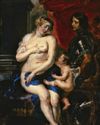
WHAT GREAT PAINTINGS SAY
We explore the story behind an allegorical painting that celebrates the triumph of love over hate, peace over war
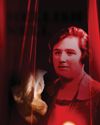
HELLISH NELL
Malcolm Gaskill delves into the life of Helen Duncan - the fraudulent Scottish medium whose ectoplasm-filled seances saw her ending up on the wrong side of the law

7 THINGS YOU (PROBABLY) DIDN'T KNOW ABOUT THE WHITE HOUSE
Presidential historian Dr Lindsay M Chervinsky reveals some of the most surprising facts about the world-famous US residence